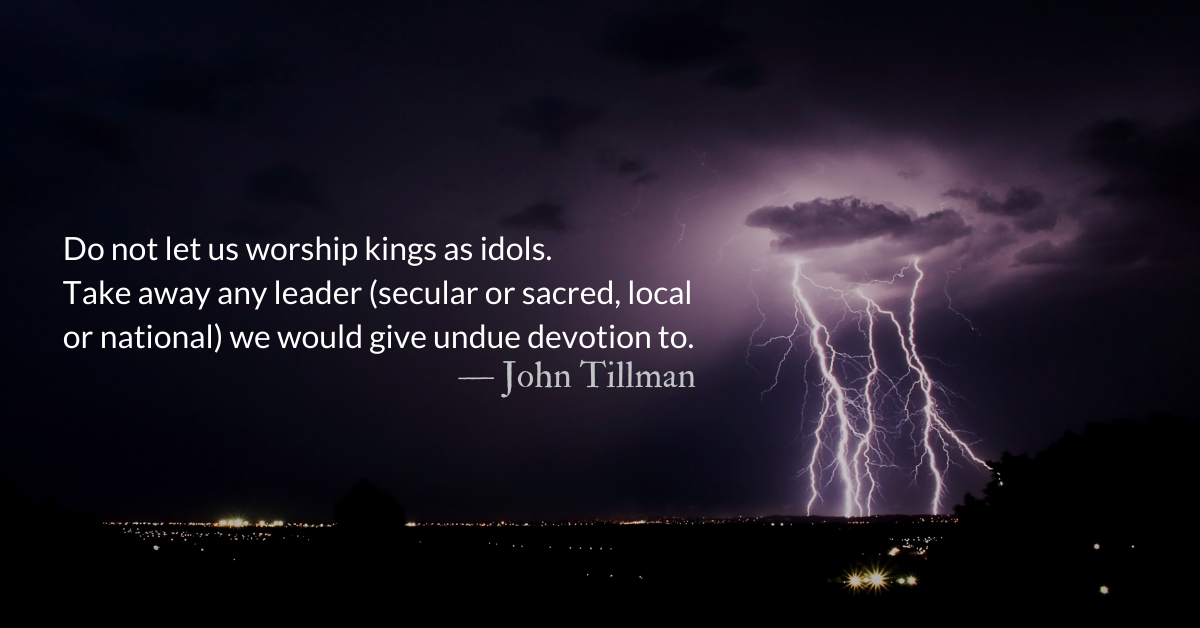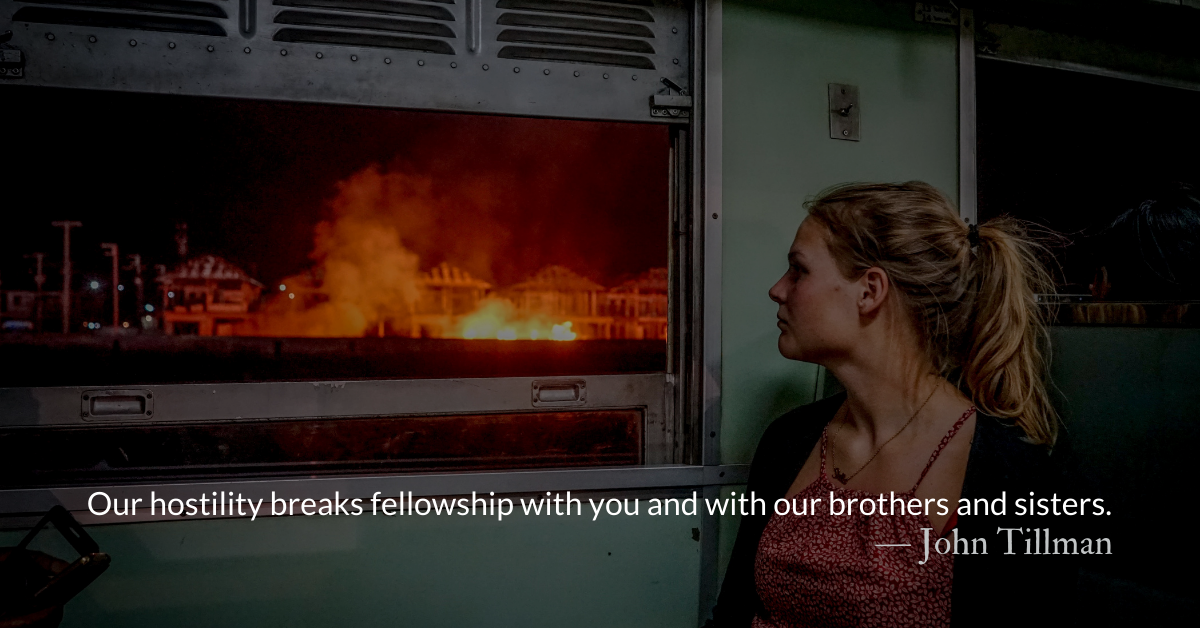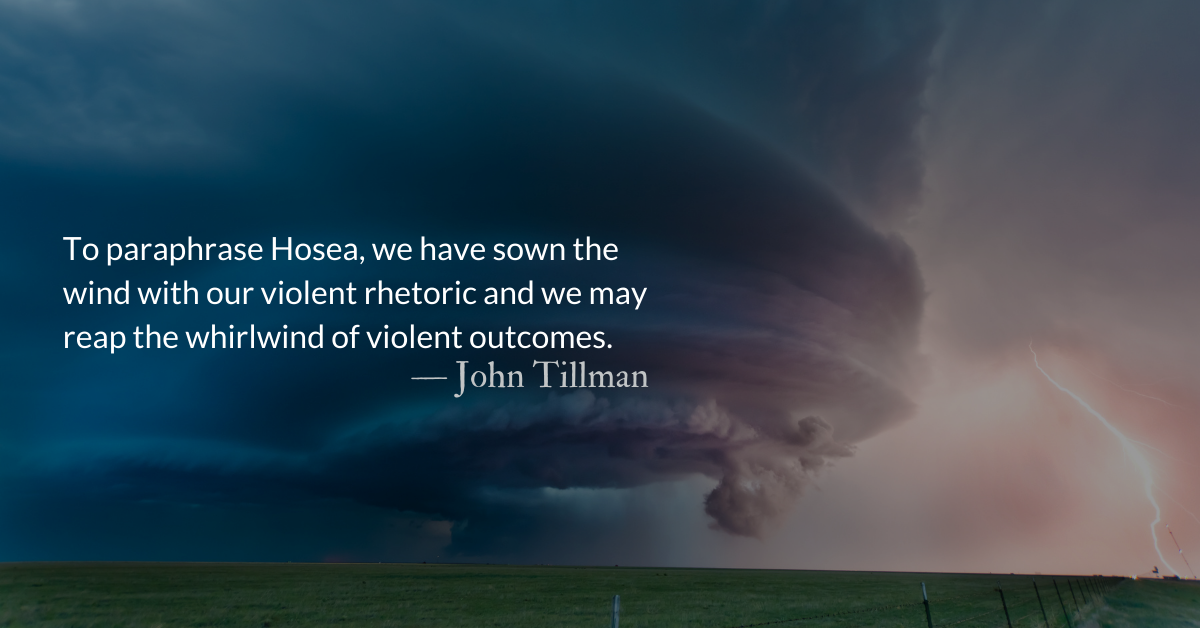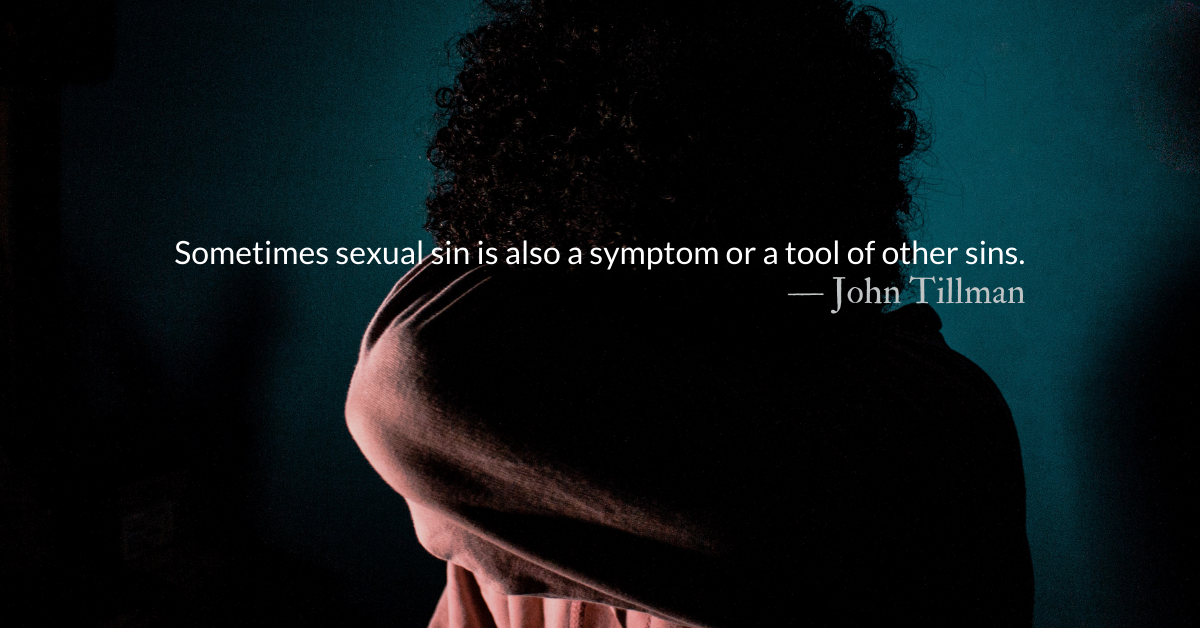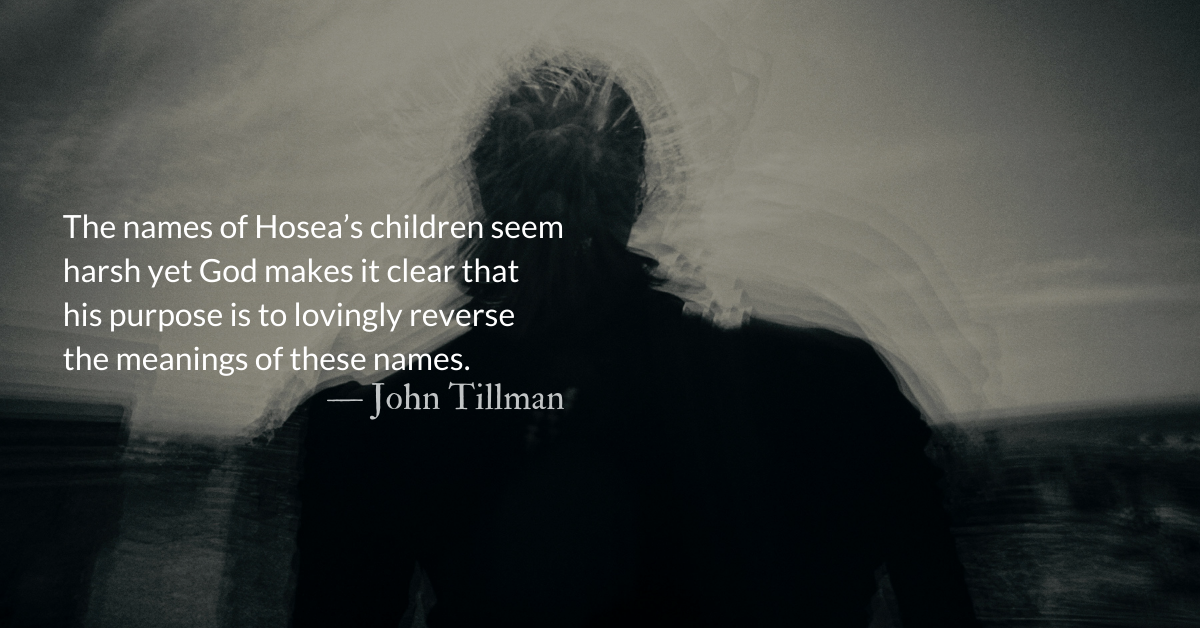Scripture Focus: Hosea 10.12-13
12 Sow righteousness for yourselves,
reap the fruit of unfailing love,
and break up your unplowed ground;
for it is time to seek the LORD,
until he comes
and showers his righteousness on you.
13 But you have planted wickedness,
you have reaped evil,
you have eaten the fruit of deception.
Reflection: Confessing Idolatry—Guided Prayer
By John Tillman
During this contentious election week in the United States, we are seeking repentance, patience, peace, and faith. We will pray for these things this week, using the scriptures from our reading plan. We will pray through the closing chapters of Hosea, today’s chapter being the tenth.
Confessing Idolatry
God, your prophet tells us Israel built many places for worship, had many “sacred stones,” but their hearts were far from God.
As his fruit increased,
he built more altars;
as his land prospered,
he adorned his sacred stones.
Their heart is deceitful,
and now they must bear their guilt.
The LORD will demolish their altars
and destroy their sacred stones. — Hosea 10.2
Our hearts are deceitful, Lord.
Point out our guilt and break down our idols.
Help us see and confess our sins, so similar.
Israel sought success and security by any means necessary, abandoning religious principles, while giving lip service to Yahweh.
Help us see and confess our sins, so similar.
Israel committed destructive and bloody violence against their brothers and sisters. Injustice, civil wars, coups, and slaughters were the norm.
Help us see and confess our sins, so similar.
Then they will say, “We have no king
because we did not revere the LORD.
But even if we had a king,
what could he do for us?”— Hosea 10.3
Israel hoped in king, after king, after king and you took them away.
Do not let us worship kings as idols.
Take away any leader (secular or sacred, local or national) we would give undue devotion to.
They make many promises,
take false oaths
and make agreements;
therefore lawsuits spring up
like poisonous weeds in a plowed field. — Hosea 10.3-4
Israel could not vote for kings, yet still shared in their guilt.
The poison of a leader’s deceitfulness infects the country, the people, the ground itself.
How much more, O God, are we complicit in the sins of those who we take part in electing?
Even if there were perfect leaders to choose from, what can earthly kings do for us, O God?
May we place our trust instead in our true and only king.
Who rode humbly on a donkey.
Who stooped low to wash feet.
Who walked to the cross.
It is time to seek the Lord.
Break our unplowed ground.
Sow into our lives your unfailing love
And pour your righteousness on us.
Divine Hours Prayer: The Refrain for the Morning Lessons
The Lord has sworn an oath to David; in truth, he will not break it: “A son, the fruit of your body will I set upon your throne.” — Psalm 132.11-12
– Divine Hours prayers from The Divine Hours: Prayers for Autumn and Wintertime by Phyllis Tickle
Today’s Readings
Hosea 10 (Listen – 2:47)
Psalm 129-131 (Listen – 2:03)
Read more about The Seductive Idolatry of Politics
Politics provides everything that the darkest parts of humanity’s sinful nature want from a religion.
Read more about Incest, Greed, and Idolatry
Paul would have us as uncomfortable with greed and idolatry as we are with incest and other sexual sins. But are we?

